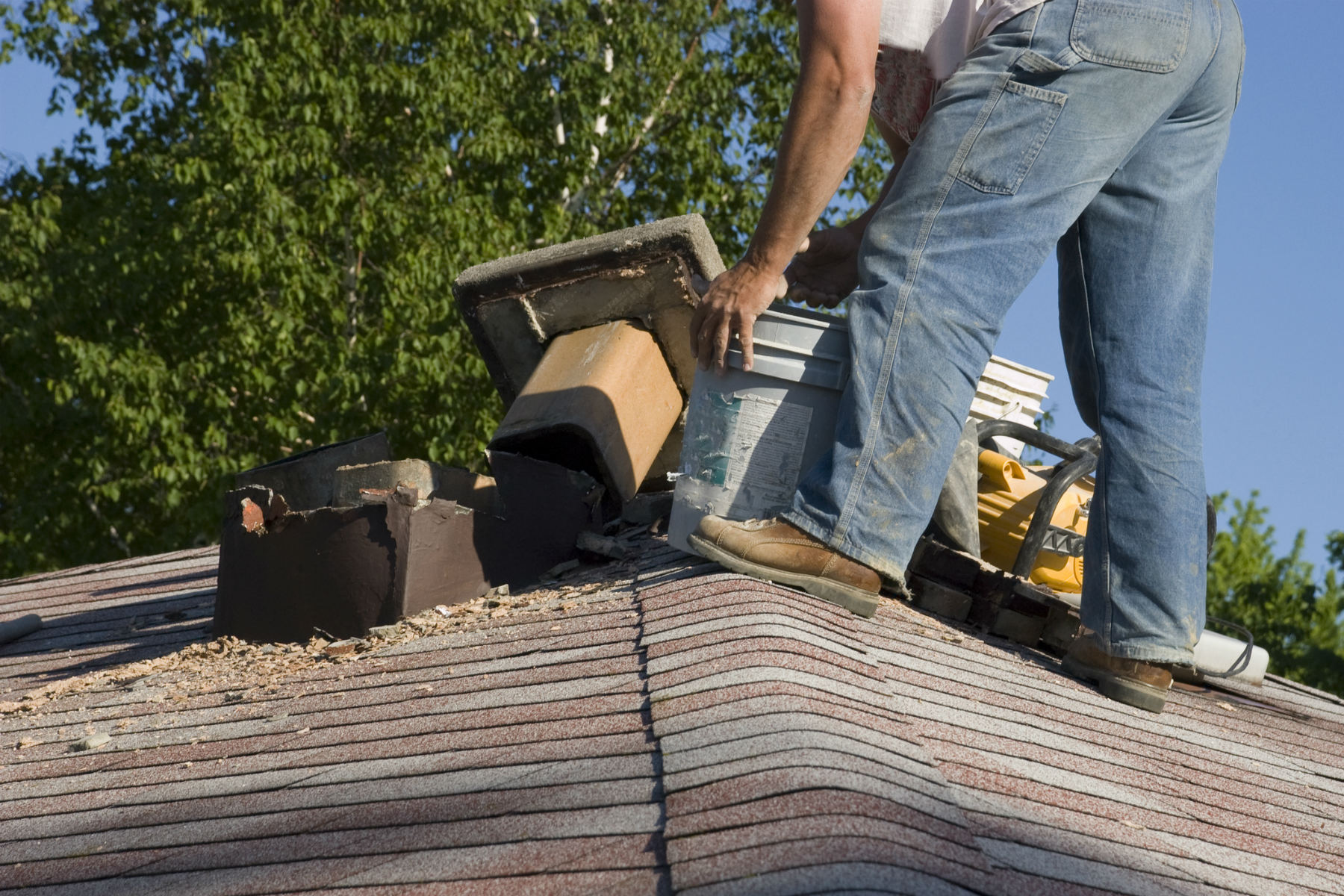Most buyers and sellers know that a home inspection is an essential part of the purchase process. However, there are many types of home inspections. Here in Tulsa, I’ve been a part of hundreds of home inspections and while most houses have been just fine, I’ve seen a lot of problems, too! Here are the top four inspection types you should know about:
Pre-Purchase Inspection
A pre-purchase inspection is what most people think of when they hear “property inspection.” This buyer-oriented inspection includes a full assessment of a property’s systems and structure. The primary purpose of a pre-purchase inspection is to identify “material defects.” The inspector will identify problems systems or components of a property that may have a significant, adverse impact on the value of the property, or that pose an unreasonable risk to people.
A standard home inspection report will cover the condition of:
- heating and air conditioning systems
- interior plumbing and electrical systems
- attic and visible insulation
- walls, ceilings, floors, windows, doors
- basement and structural components like the foundation and support beams
- exterior elements including the roof, chimney, stairs, patios, and decks
Pre-Listing Inspection
A pre-listing evaluation will identify issues likely to be noticed by buyers, agents, and the buyer’s home inspector. A pre-listing inspection will give sellers a checklist of repairs and improvements to consider before listing the home.
It’s almost always less expensive and stressful, to do repairs ahead of time, rather than in the time crunch after the buyer’s home inspection.
Most inspectors will also call out minor defects and cosmetic flaws. Examples include a broken window shade, scratched hardwood floors, torn screens, lights that don’t work, and sticky windows.
Feature-Specific Inspections
These targeted inspections are performed by specialists on a home’s various features such as roofs, pools, septic tanks, and wells. Some lenders will require a roof certification or well-and septic inspection. In older homes, a foundation inspection will note potential issues like drainage problems, cracks, or other signs of movement.

Suspected-Problem Inspections
These inspections are performed for both buyers and sellers for issues uncovered during the primary inspection. Termite or wood-destroying insect inspections are often recommended by the primary home inspector if they see even the smallest evidence of damage. Other specialty inspections we see, at least occasionally, are for mold, structural integrity, and drainage.
If you’re buying or selling a home in the Tulsa area, give me a call. I’d love to chat about what types of home inspections you’ll need.


